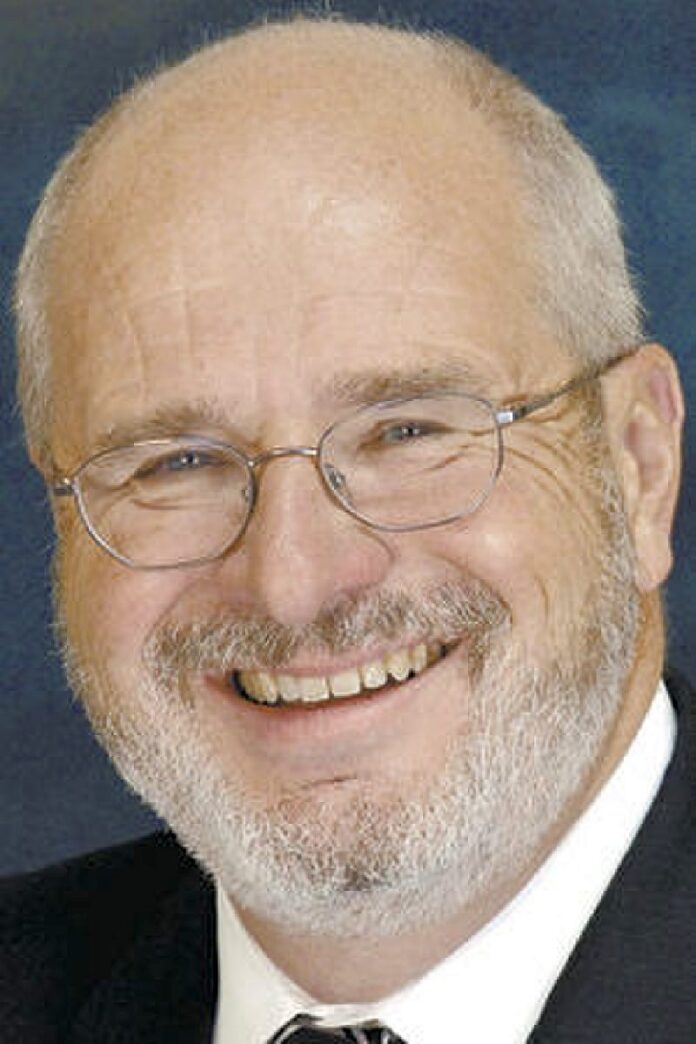INDIANAPOLIS – Bob Woodward’s new book about Donald Trump and the Trump presidency is a surprise.
In some fashion, “Rage” is vintage Woodward – in ways that are both good and bad.
The veteran Washington Post journalist is one of the best reporters who ever lived. The man works sources like no other reporter I’ve ever seen. He gets people to open up to him in ways that add insight both to them and the environments in which they operate.
That’s the good stuff.
The bad stuff is a familiar complaint. Woodward is almost as bad a writer as he is good a reporter. He manages to drain all life out of his prose with almost surgical precision. That can make reading his books feel like a long march through quicksand.
Fortunately, “Rage” really is two books.
The first part of it focuses mostly on the people who worked the most closely on national security with Trump during the first years of his presidency – former Secretary of State Rex Tillerson, former Secretary of Defense James Mattis and former Director of National Intelligence Dan Coats, who also was a Republican U.S. senator from Indiana for 16 years.
It’s clear Tillerson, Mattis and Coats all sat for extensive and detailed interviews with Woodward. Their stories and their insights help create the typical Woodward narrative – a steady, slow, in fact almost creeping, marshaling of detail after detail – that reveals a kind of funhouse mirror White House, where no one seems to know what’s up and what’s down, what’s real and what’s not.
That makes for informative reading, even if getting through some of the sections requires large doses of both discipline and caffeine.
But then the second book within the book emerges.
It features Woodward’s 17 interviews with Trump. Long sections are presented almost word for word, often with every false start, sentence fragment or elliptical thought preserved intact.
The result is both fascinating and a textbook on how interviewing should be done. It shows why so many people are willing to talk with Woodward, even though it has been established since the days of Watergate that his reporting can topple governments.
Woodward’s technique isn’t fancy. He asks simple, direct questions and waits for the answer.
He’s always respectful, but he’s also persistent. When the president tries to evade a question or filibuster with some talking points, Woodward tries to bring Trump back around to the subject at hand.
What comes out of the conversations is revelatory, the most balanced look at this president we’re likely to see until many years have passed and the passions of this tumultuous age have cooled.
The portrait of Donald Trump – one sketched in large part by the president himself – is of a formidable but largely ungoverned and ungovernable man.
Many of this president’s critics like to depict him as an idiot. Woodward’s reporting shows just how false that impression is. The Donald Trump who speaks from his pages is a figure of keen intelligence, one capable of penetrating insights and analysis.
But the president seen in Woodward’s book also has the impulse control of a toddler. He cannot discipline himself or his almost spastic responses to criticism and challenge even when it is in his best interests to do so.
A refrain that runs through the book consists of Trump’s friends and allies saying, again and again, that the president is his own worst enemy.
That’s true, and it’s shown in the way Trump stomps on his own message and cuts himself off from his own goals while he’s talking with Woodward.
That’s the lasting force of the book.
It explores both this president’s great strengths and his many great weaknesses.
It shows why Donald Trump arrived as such a tremendous political force in American life – and why he turned out to be such an incompetent president.
That’s the surprise in the book.
And the tragedy.
John Krull is director of Franklin College’s Pulliam School of Journalism and publisher of TheStatehouseFile.com, a news website powered by Franklin College journalism students.



